Hello everyone!
This is a review I wanted to do for myself, for my own reflection and improvement. However, I thought it may be a good idea to share it with whoever may be interested. Therefore, I would like to give you a glimpse into my journey during the year 2023, month by month, by highlighting at least one of the achievements or events of each month.
The year 2023 has been loaded with learning experiences that have highly contributed to my overall motivation to not only consume knowledge but also create it – spoiler alert: I got the first paper of my PhD published!
So, let’s have a look at what this year looked like.
January
The year began with a Scientific Writing Course at the Zurich University of Teacher Education (PHZH). Not the first course I have taken about this topic, and probably not the last one. By that time I was writing a paper with the data I had collected the previous year, therefore, I could get valuable feedback from what I had written. This was also the month I started playing around with ChatGPT, although I had already used its previous version a few months before. I guess I would have approached the course differently after the experience I have been gaining with it during this year. But as said, I don’t think this will be my last experience at improving my writing skills – not even with ChatGPT permanently opened in my browser.
This month, together with other PhD students from the PHZH, we celebrated the beginning of the year by participating in a cooking workshop organised at the same institution. Interestingly, the PHZH has great facilities so that student teachers can also learn how to teach cooking lessons in secondary education in the context of a compulsory subject named “Economy, work, household”.
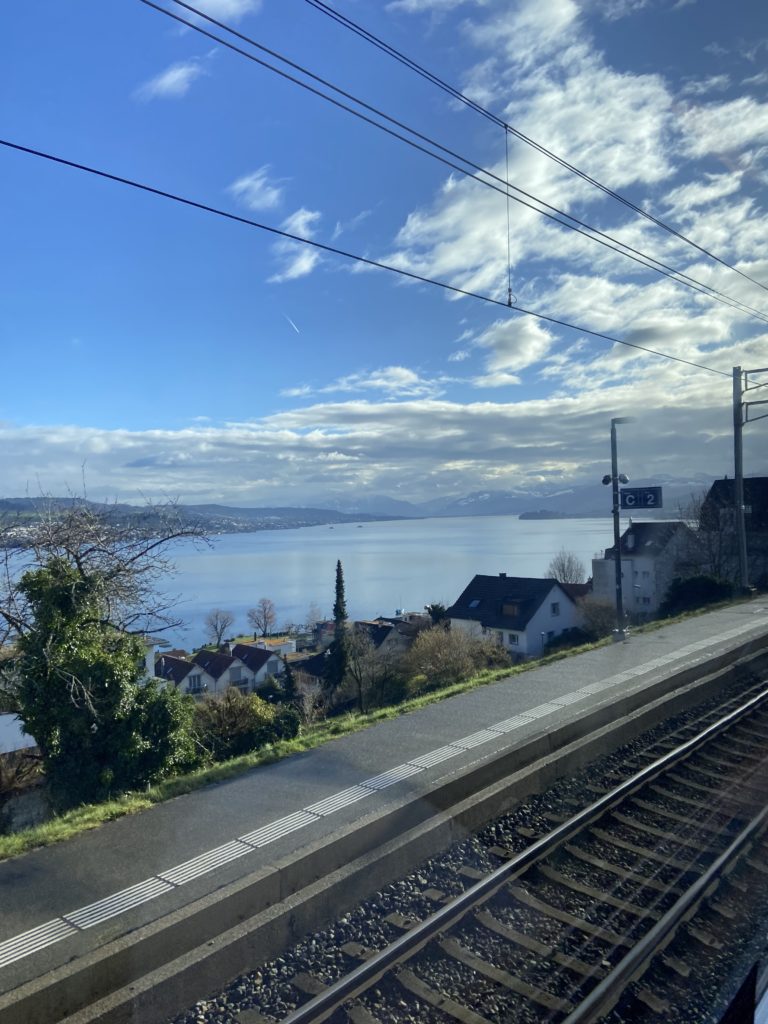
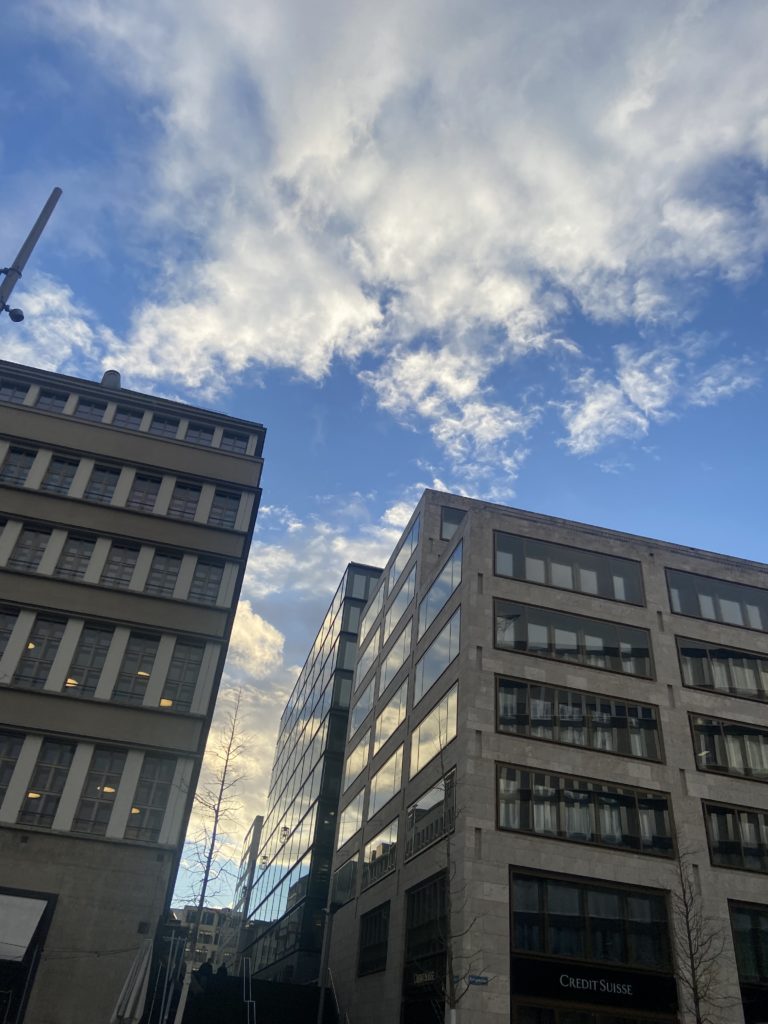
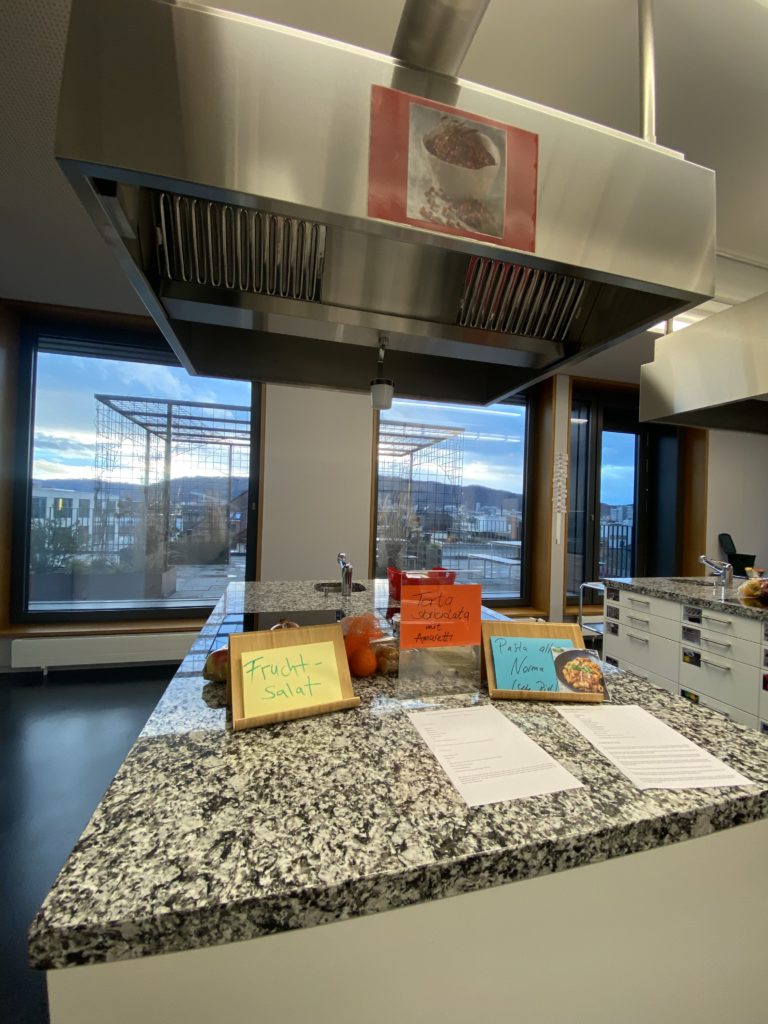
February
In February I took my first deeply theoretical course in German at the University of Zurich on the Philosophy of Science in Educational Research. This was a great learning experience for two reasons. First, I could prove to myself that I have gained sufficient language skills to participate in academic courses in German. If you are interested, I described how I learned German in this post. Second and more connected to my doctoral journey, I delved into a more profound reflection on my PhD. This process, including the group discussions with other PhD students from the Institute of Education, made me realise I have to put more work into the theoretical foundations of my thesis.
This month I started collaborating on the project Edugame4Change in which we aim to develop a game that supports schools in the digital transformation of education. In the context of this project, a few months later I was to conduct interviews with primary school principals and teachers (LinkedIn post).
March
In March I travelled to Oldenburg, Germany, to participate in a team meeting for a Systematic Literature Review I was involved in. This work focuses on the topic of Digital Self-Regulated Learning of Student Teachers. Since I was not going to do any Systematic Literature Review for my PhD, this is a project I gladly joined after a colleague invited me. This has already given me a grasp of how this methodology works, and I aim to use it again in the future.
Also, I participated in a course on Data Protection and Ethics as part of the PhD Excellence Programme from the Digital Society Initiative, Programme in which I was accepted in 2022 (DSI profile). This course was titled “How to check your research plan? The Data Protection and Ethics Self-Assessment Tool”, and I could try this tool developed at the DSI based on the EU recommendations for ethics and data protection. I must say I enjoy and benefit from the interdisciplinary community that this society offers. I don’t think I would have had so many discussions about law-related issues without being part of it.
April
April was a month focused on data analysis and paper writing. Specifically, I took advantage of something I organised during the semester called Gemeinsame Schreibdienstage, which means Tuesdays for writing together. As the name suggests, this was a series of Tuesdays where we met with other PHZH PhD students in a computer room and focused on writing. This also created enjoyable times to share our PhD status and progress, which is key to learning from each other’s experiences.
May
After a few months of data analysis and paper writing, May was the first time I publicly presented what I had been working on. It was not at a big conference but at the Research Colloquium at the Zurich University of Teacher Education. As it was the first time I had shared my research with a wider audience, I invited people who I knew might be interested and who would also be willing to give me feedback. I anticipated that the summer would be a month of conference presentations, so I wanted to take the opportunity to improve beforehand. And so I did. I felt a very familiar and supportive atmosphere when presenting, and with the feedback I received. It was worth it and I am grateful to the people who were there on that day.
June
Summer came and with it the first conferences. In June, the Swiss Society for Research in Education held its conference. Each year the conference is held at a different institution in Switzerland. The first year I attended was in 2022 in Lausanne, but this year I didn’t have to travel because it was held at the Zurich University of Teacher Education (SGBF 2023). Presenting there was a good experience. However, as it is a small national conference, my presentation was allocated in a presentation session with other topics that were only superficially related to mine, which made the discussion not so fruitful. This made me decide that, for next year’s conference, I wanted to organise a symposium with more closely related topics.
In June, I also participated in the DSI Summer School where I presented my research in a more dynamic way using genial.ly, a platform I highly recommend.
July
In July I participated in the Essex Summer School (ESS), my second summer school on research methods after the Social Science Summer School in Lugano last year. This time I travelled to England to spend two weeks at the Colchester campus of the University of Essex following a course on qualitative data analysis. As I plan to conduct mixed methods research for my PhD, I did some pilot interviews before going to the course so that I could put into practice some of the concepts I would learn there. However, I did not expect the course to be as intensive as it was, with a lot of material to work with and constant topics for discussion: being in an interdisciplinary team with several political scientists was more engaging than I expected it to be. During this trip, I also met some very nice people, met lots of cute squirrels and visited Cambridge.
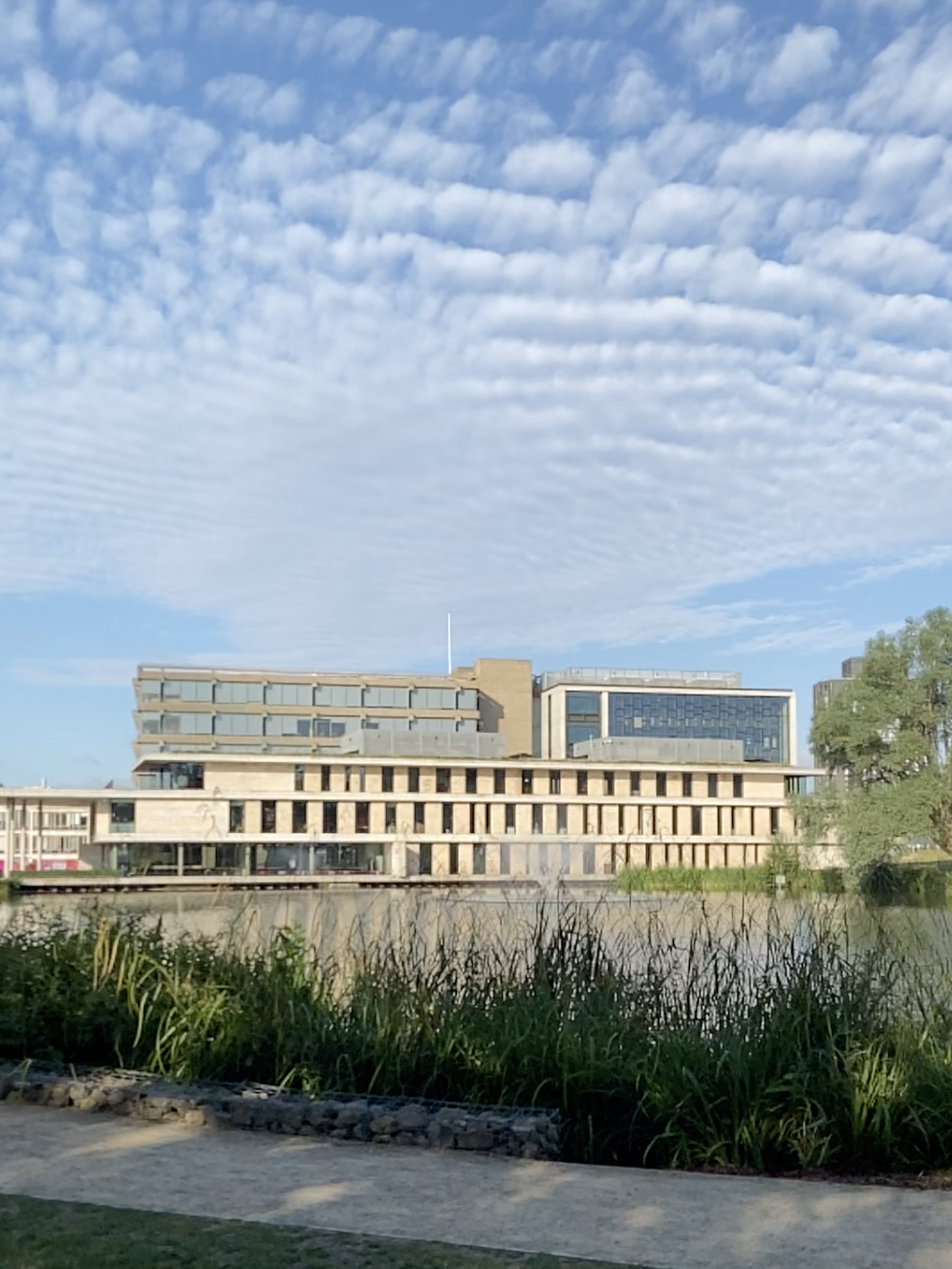
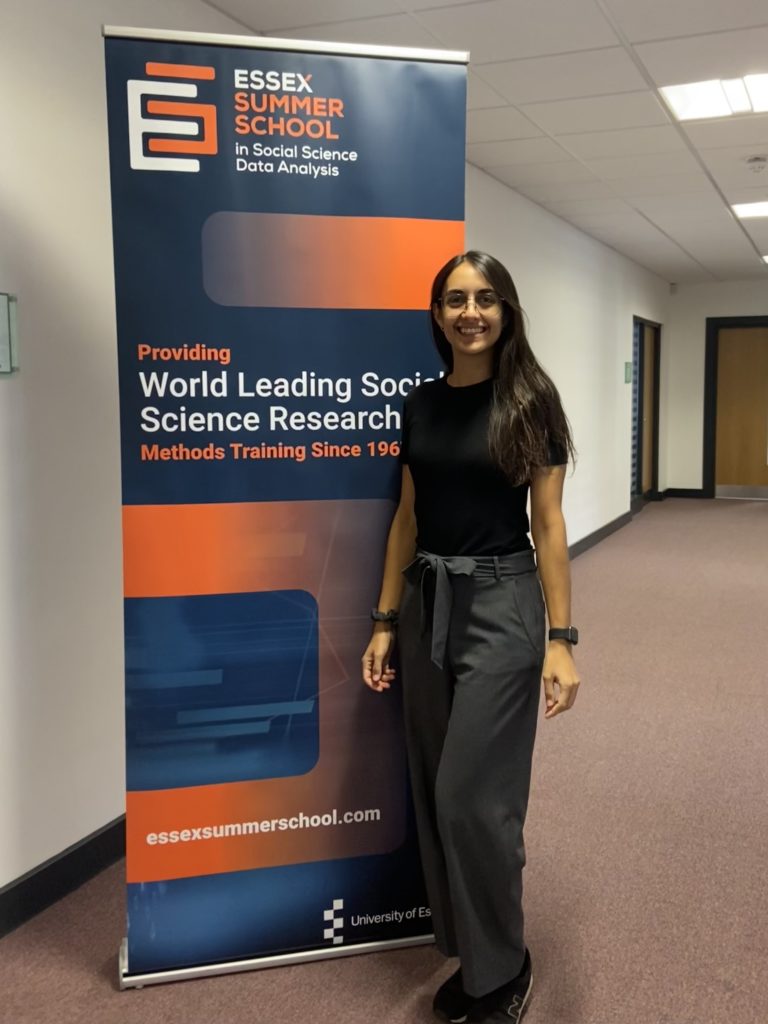
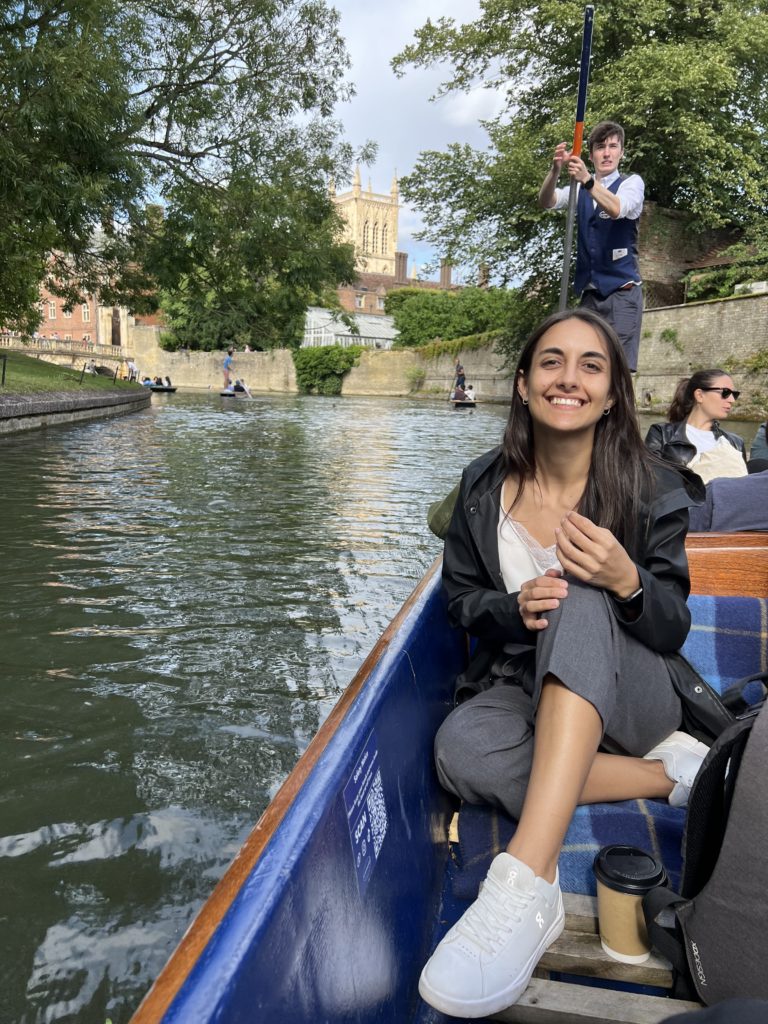
August
In August I travelled again, this time to Thessaloniki, Greece. I attended the EARLI and JURE conference, the largest conference of educational researchers in Europe held every two years. There I presented the results of my studies in presentation and poster format (which I shared in this post) and got some great feedback that I was then able to incorporate into my research reflection. In addition, I made many great connections that I am in touch with and could collaborate with in the future. It was one of the best experiences of my professional career, and I’m looking forward to repeating it at the next edition of the conference (LinkedIn post).
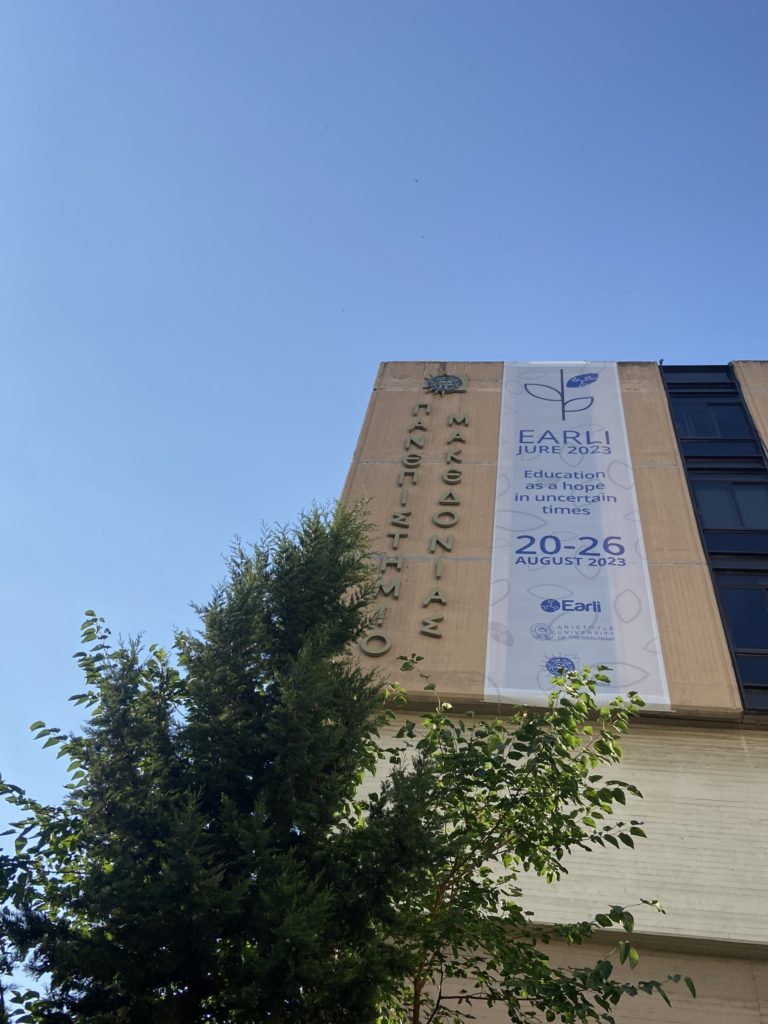
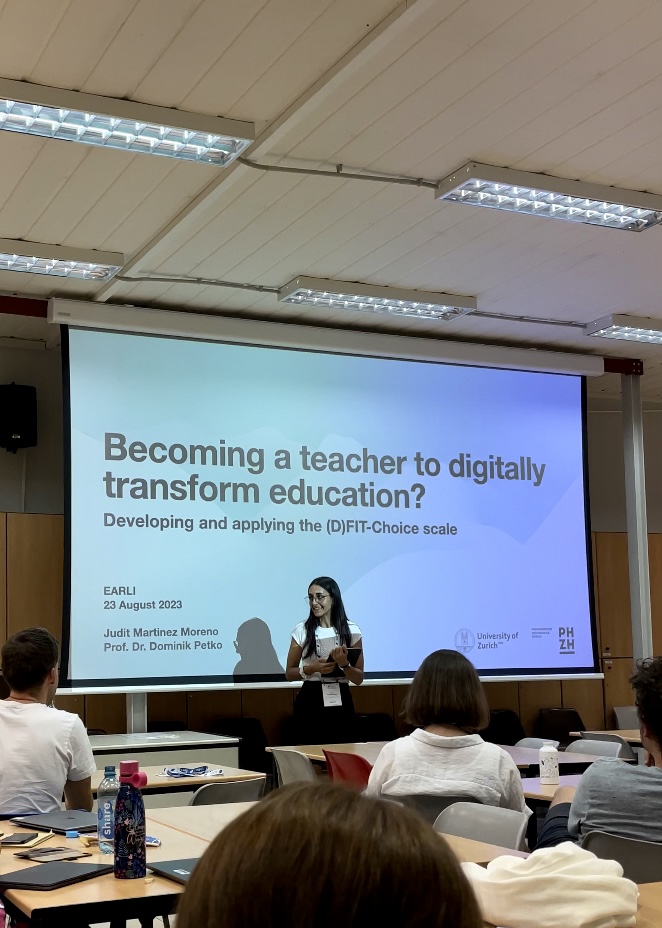

September
After enjoying a break by the seaside with family and friends in Spain, September marked a return to the data collection process. This phase was dedicated to expanding my data sample and enhancing the quality of the information I had gathered a year earlier. Collaborating closely with my supervisor, we meticulously finalized the remaining details of the questionnaire. I promptly reached out to the responsible people to secure access to the cohort of student teachers who had just started their studies that month. With all the preparations in place, the actual data collection was set to begin in the following month.
October
In October I participated in the DSI Strategy Lab focusing on the topic of AI in Education that I had joined a few months earlier. This month we focused on developing a questionnaire to collect data on the use and intended use of AI in education by university students.
In addition, I decided to broaden my horizons again by doing an interdisciplinary course, this time on Democracy Studies, but without losing sight of education. The course was based on an educational initiative called Democracy Goes to School, in which older primary school pupils can propose policy initiatives, defend them and vote for them in the national parliament. Research is carried out on this topic to better understand and improve the political education of pupils. It was also the first time I visited the beautiful Swiss Parliament building, also known as the Swiss Federal Assembly.
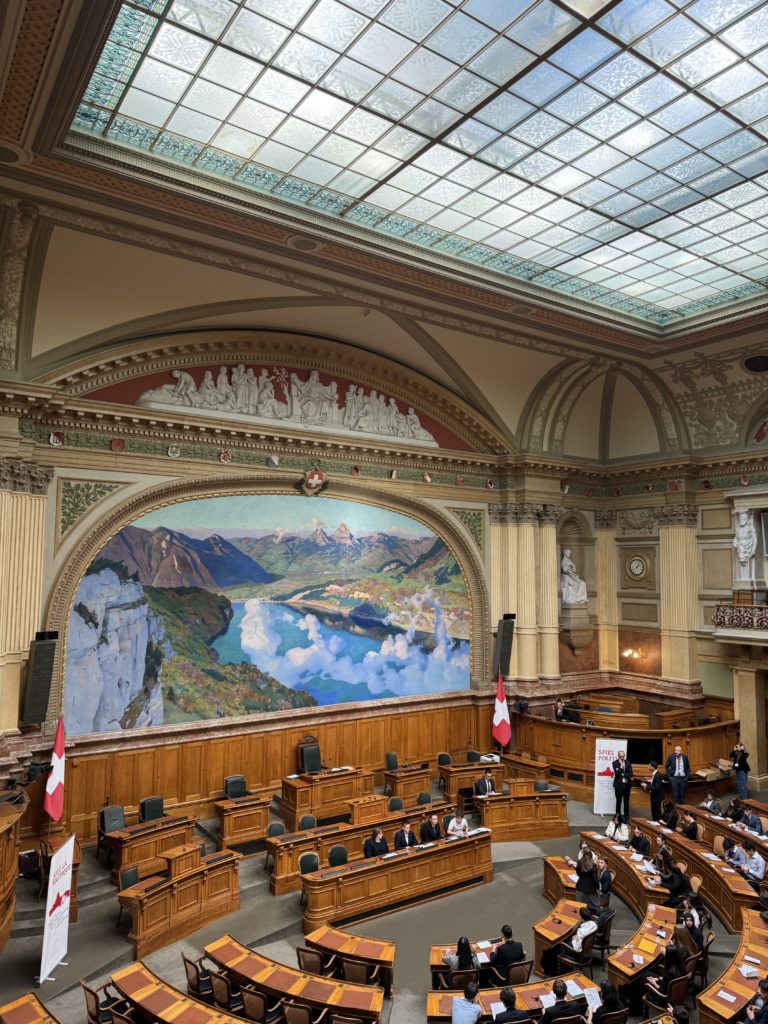

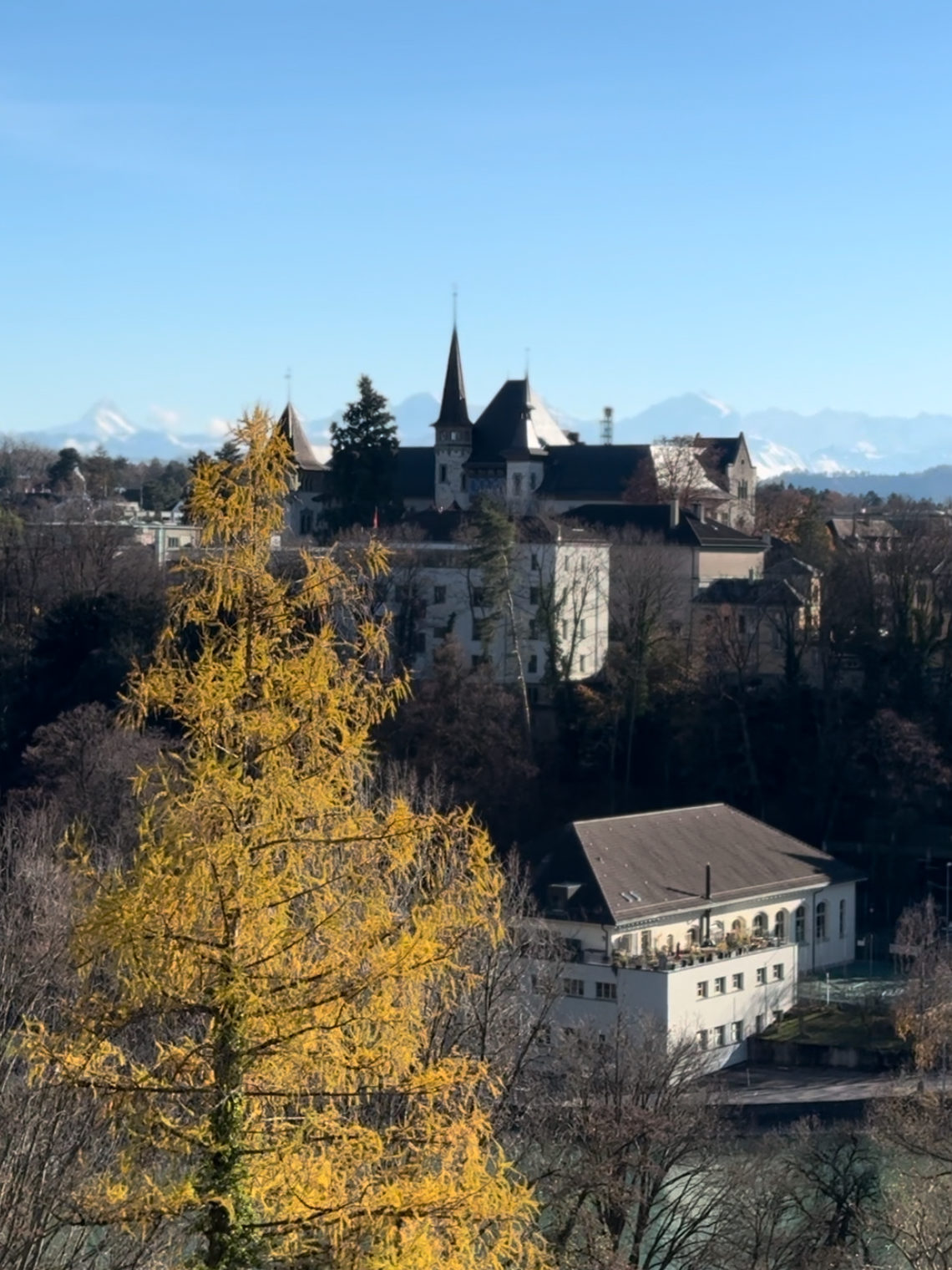
November
In November, the symposium we had been organising together with other PHZH colleagues, the Symposium on Research on Teaching and Learning in Higher Education, finally took place. This was the first time I was involved in the organisation of an international event, where we planned two days with lectures and workshops, and invited more than 30 participants. At this event, I specifically coordinated a round table to discuss the topic of digitalisation in higher education, among other tasks. At the end, we had a closing ceremony with an open keynote (link). I had great conversations and met very nice people with whom I hope to collaborate in the future (LinkedIn post).
In addition, this month I participated in the conference of the Swiss Faculty Development Network in Bern, where I was able to expand my network by meeting interesting researchers in the field of higher education in Switzerland (LinkedIn post).
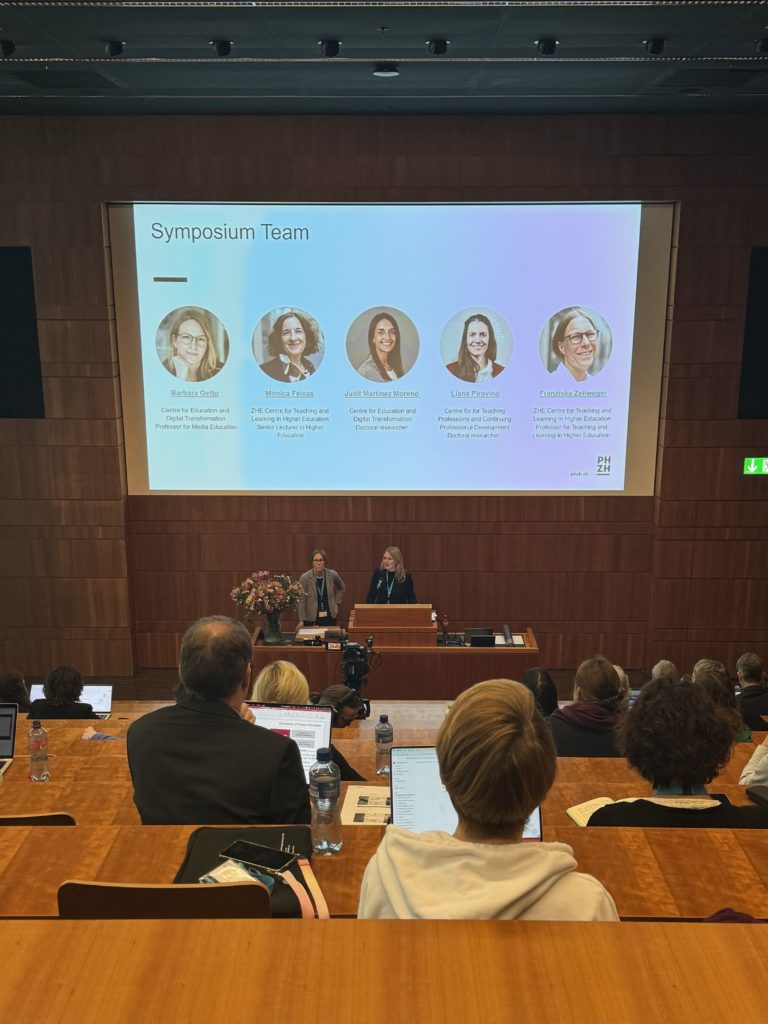
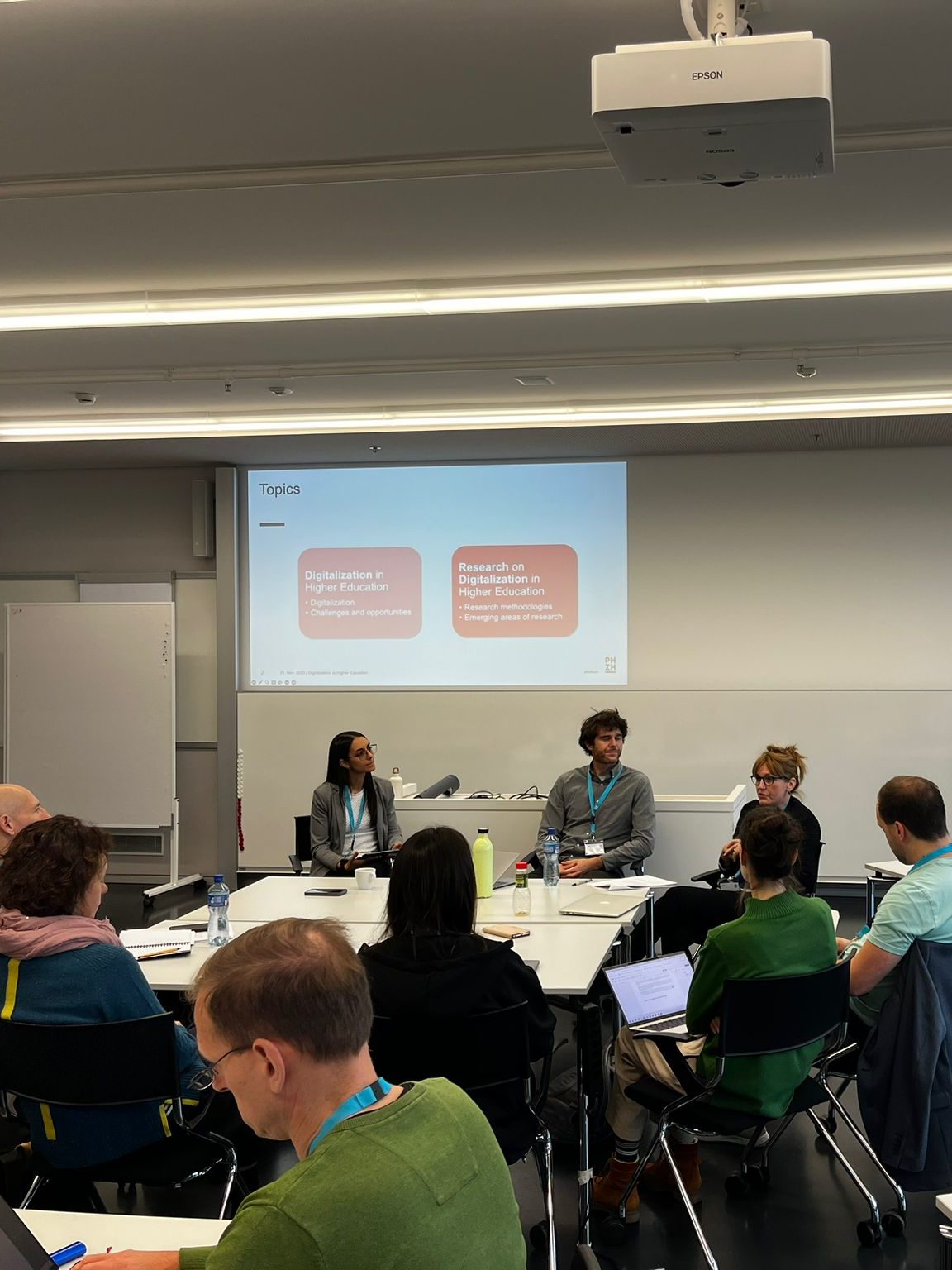
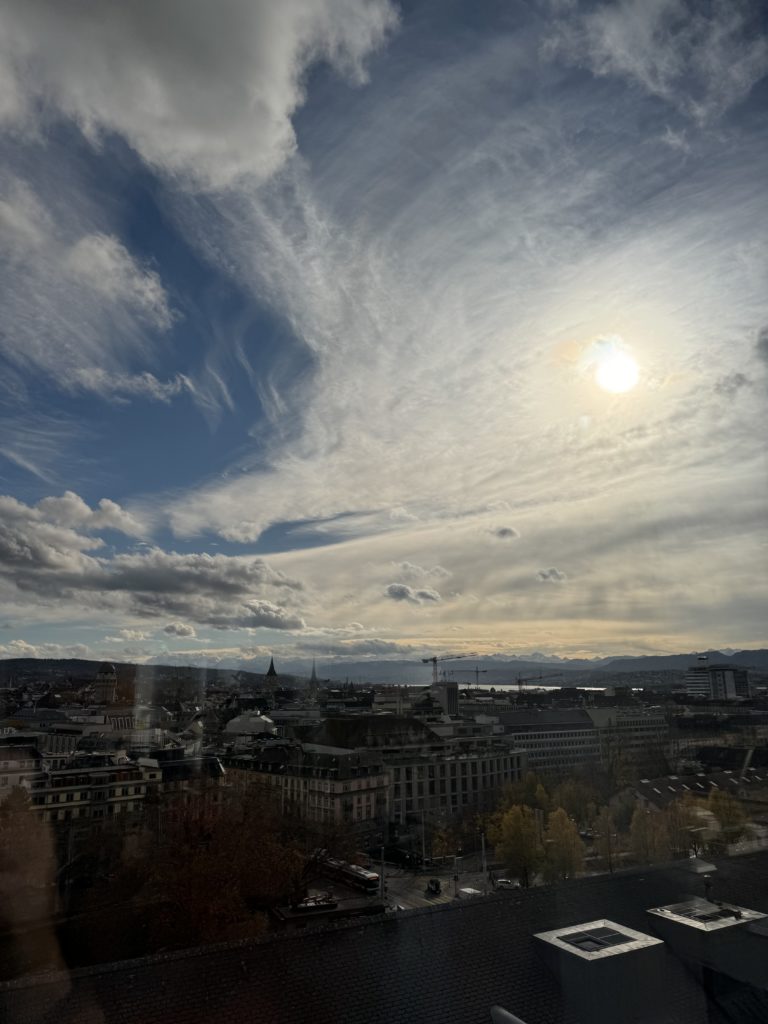
December
Finally, the year concluded with something I had been working on for months. Finally, my paper titled Motives for Becoming a Teacher in Times of Digital Change: Development and Validation of the (D)FIT-Choice Scale was published in the journal Education and Information Technologies. Given the importance I attach to sharing my research and knowledge to contribute value to the scientific community, the publication of this article is certainly an achievement in my research career.
Last words
This year has been loaded with great experiences that have contributed to my professional growth, and of course, to my personal growth too. I am grateful for all the moments, positive experiences, challenges, and people, who have been around me during this year.
One thing I have learned this year is that I need to think less and act more. I have spent too many months writing, revising and rewriting. And in the meantime, I have realised that the more you act, the more you learn. It is by attending conferences that I have presented my ideas and received feedback. It is by sending my articles to experts that I have gotten useful reviews. It is by organising events that I can feel competent and improve. Of course, these are things I have done, but if I could go back, the only thing I would say to myself is “the sooner the better” and “you are ready”.
Although I don’t consider it that important to specify when exactly the year ends or begins (or even if it does), I do find it important to find moments to sit down and reflect on how we are living our lives. This can be yearly, monthly or daily. But I intend to find always these moments of reflection to set goals, begin actions, and make conclusions. With this, I am confident I can achieve the progress I wish.
I hope you can find these moments of reflection and feelings of achievement in this year 2024.
Happy New Year! ✨

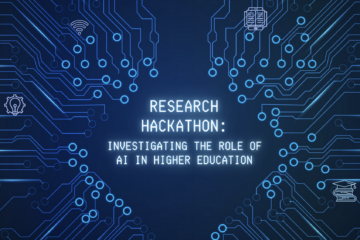
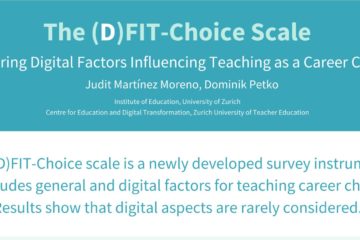
0 Comments